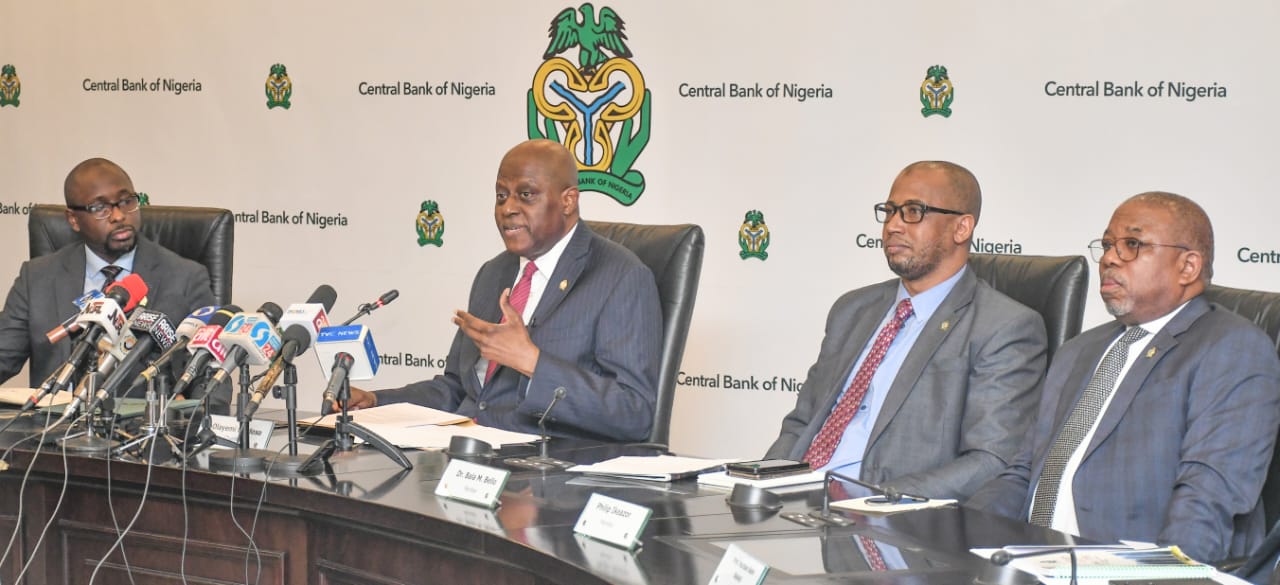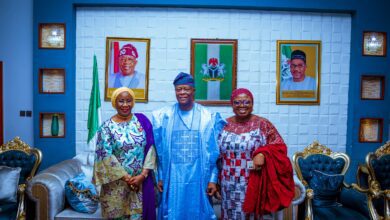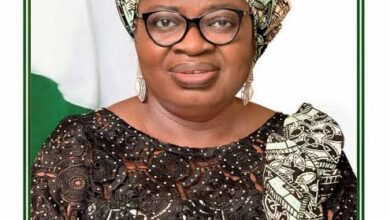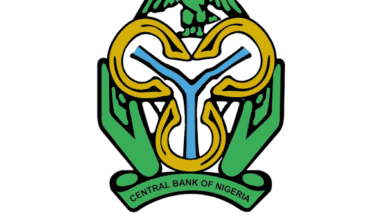MPC: Why We Raise Interest Rate To 22.75% -CBN

The Monetary Policy Committee (MPC) of the Central Bank of Nigeria (CBN) has raised the benchmark interest rate from 18.75 percent to 22.75 percent.
Rising from its maiden meeting on Tuesday, February 27, 2024, under Mr. Olayemi Cardoso as CBN Governor, the Committee revealed that the Monetary Policy Rate (MPR) was raised by 400 basis points to tame the rising inflation in the country.
Mr. Cardoso who chaired the meeting disclosed that all the 12 members of the Committee chose further tightening of the monetary policy, by raising the MPR by 400 basis points to 22.75 from 18.75 percent, adjust the asymmetric corridor around the MPR to +100/-700 from +100/-300 basis points, raise the Cash Reserve Ratio from 32.5 per cent to 45.0 per cent, and retain the Liquidity Ratio at 30 per cent.
The Governor while briefing newsmen shortly after the meeting said, the Committee’s decisions were centered on the current inflationary and exchange rate pressures, projected inflation, and rising inflation expectations.
According to him, members were concerned about the persistent rise in the level of inflation and emphasized the Committee’s commitment to reverse the trend as the balance of risk leaned towards rising inflation.
He said, the Committee, however, acknowledged the trade-off between the pursuit of output growth and taming inflation but was convinced that an enduring output expansion is possible only in an environment of low and stable inflation.
The apex bank governor said, the Committee members noted the decision to transit to an an inflation-targeting framework as essential to addressing the persistence of inflationary pressures in the economy and commended the fiscal authority for their invaluable support.
He said, the the opinion of the Committee, the options available for decision was to either hold or hike the policy rate to offset the persisting inflationary pressure.
Considering the option of a hold policy, he said, “the evidence revealed that previous policy rate hikes have slowed the rise in inflationary pressure but not to a desirable extent.
“Members considered various scenarios of hold and hike and concluded that inflation could become more persistent in the medium-term and thus pose more regulatory challenges if not effectively anchored.
“The balance of the argument thus leaned convincingly in favour of a significant policy rate hike to drive down inflation substantially”, he said.
Cardosi said that the MPC also deliberated extensively on various distortions in the foreign exchange market including the activities of speculators, putting upward pressure on the exchange rate with high pass-through to inflation.
He said, members were, however, convinced that the ongoing reforms in the foreign exchange market will yield the desired outcome in the short to medium term.
“Some of these reforms include the unification of the foreign exchange market; promotion of a willing buyer willing seller market; removal of all limits on margins for IMTO remittances; introduction of a two-way quote system and the broad reforms in the BDC segment of the market to restore stability, enhance transparency, boost supply, and promote price discovery in the Nigeria Autonomous Foreign Exchange Market (NAFEM)”, Cardoso said.
He said, “the Committee reviewed the key financial indicators of the banking system and noted that the system remained stable. To further ensure the stability of the banking system, the MPC called on the Bank to increase system buffers by recapitalizing the banks to improve resilience against potential risks.
“Members further enjoined the Bank to strengthen surveillance and compliance regarding its earlier guidance on the application of foreign exchange revaluation gains.
“The Committee identified non-monetary factors driving inflation such as the persisting insecurity and infrastructural deficits and noted the role of fiscal policy in addressing these shortfalls while reiterating the commitment of monetary policy support.
“In this regard, the Committee applauded fiscal policy initiatives towards reducing the cost of living for ordinary Nigerians, including the ongoing efforts to improve food supply and provide mass transit CNG buses to ease the cost of transportation: and the civil service reforms to improve the efficiency of government amongst others”, he said.





